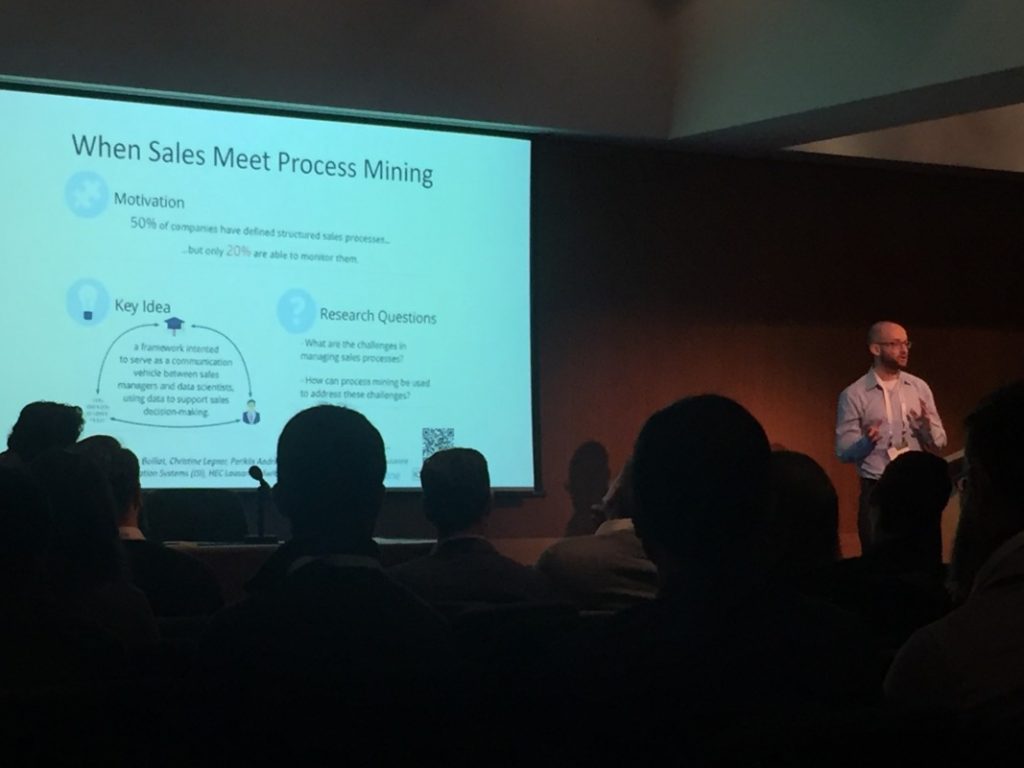Our paper “Leveraging Market Research Techniques in IS – A Review of Conjoint Analysis in IS Research” co-authored by Dana Naous and Christine Legner was nominated as Best Theory Development Paper at the International Conference on Information Systems (ICIS 2017) in Seoul. The paper summarizes results of the SNF project “Don’t Guess, Simulate! – Understanding User Preferences for Cloud Services”.
ICIS is the most prestigious international conference in the Information Systems discipline, and provides a forum for networking and sharing of latest ideas and highest calibre scientific work amongst the IS profession. The ICIS Conference Proceedings are available for download in the AIS Electronic Library.
Abstract:
With the increasing importance of mass-market information systems (IS), understanding individual user preferences for IS design and adoption is essential. However, this has been a challenging task due to the complexity of balancing functional, non-functional, and economic requirements. Conjoint analysis (CA), from marketing research, estimates user preferences by measuring tradeoffs between products attributes. Although the number of studies applying CA in IS has increased in the past years, we still lack fundamental discussion on its use in our discipline. We review the existing CA studies in IS with regard to the application areas and methodological choices along the CA procedure. Based on this review, we develop a reference framework for application areas in IS that serves as foundation for future studies. We argue that CA can be leveraged in requirements management, business model design, and systems evaluation. As future research opportunities, we see domain-specific adaptations e.g., user preference models.
